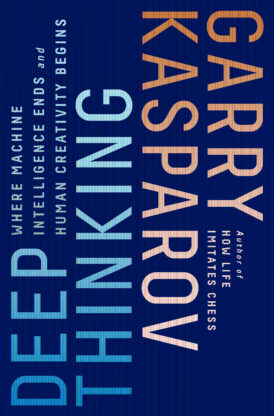Powerful article on how the America and the world become less safe by the US abandoning its once-sacred values. He cites my recent Senate testimony about the need for American leadership in global democracy and human rights, leadership that has increasingly disappeared over the last twenty years.
By Michael Gerson Opinion writer February 20, 2017
“Well, I preach the Church Without Christ,” says a vivid Flannery O’Connor character named Hazel Motes. “I’m member and preacher to that church where the blind don’t see and the lame don’t walk and what’s dead stays that way.”
At the heart of President Trump’s public rhetoric is a similar emptiness. He is a president who preaches America without exceptionalism. He is the leader of the free world who seldom mentions freedom. He belongs to a political faith in which America’s political miracle is only for us, and dissidents and democratic activists are on their own, and those who are oppressed stay that way.
Trump’s inaugural address was intended to signal the end of exceptionalism, at least in its international expression. In the speech, the American “way of life” is depicted as one among many — a homegrown product that is not for export. Two academics (perhaps with too much time on their hands) have calculated the frequency with which Trump uses “freedom” and “liberty” in speeches. Both words appear far less often than in other recent presidencies. Neither word breaks into the top 1,000 he uses.
Trump’s rhetorical rejection of internationalism is an aberration from the United States’ bipartisan, post-World War II foreign policy consensus. It is also a culmination of recent trends.
During the Barack Obama years, the United States retreated from internationalism in practice. At first, this may have been a reaction against George W. Bush’s foreign policy. But Obama’s tendency became a habit, and the habit hardened into a conviction. He put consistent emphasis on the risks of action and the limits of American power. In the revolt against Syrian President Bashar al-Assad, following the Russian invasion of the Ukraine, as Russian influence returned to the Middle East, America’s inaction was taken as accommodation. “The fear of making things worse has paralyzed the United States from trying to make things better,” said Russian dissident Garry Kasparov in recent congressional testimony.


